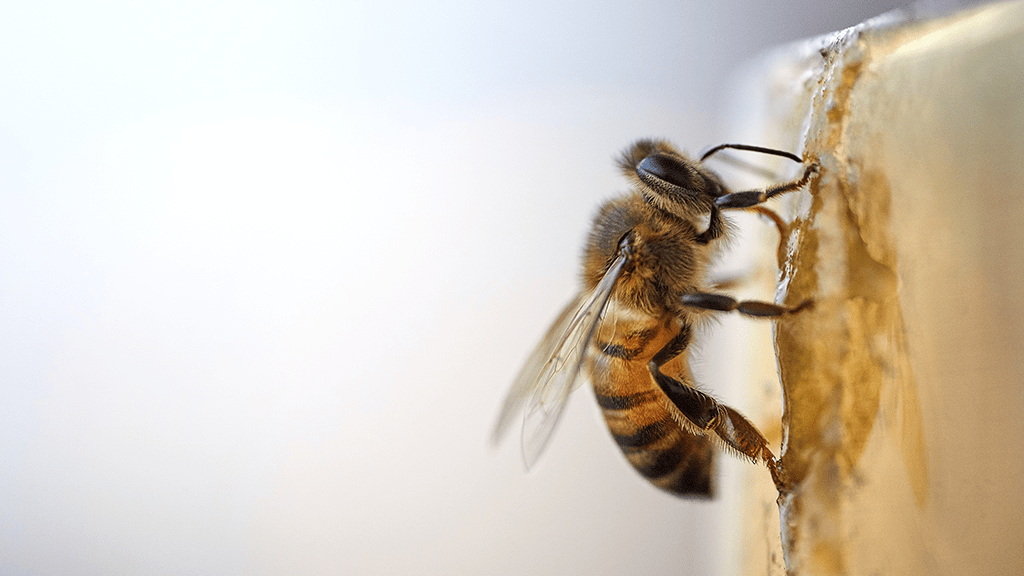Natural Sugar Triggers "Honeybee Syndrome" in Cancer Cells.

July 19, 2023: Natural Sugar Triggers “Honeybee Syndrome” in Cancer Cells, Enhancing Chemotherapy. New research has uncovered an exciting possibility in the fight against cancer, where an ordinary natural sugar called Mannose could potentially enhance cancer treatments like chemotherapy. Scientists have discovered that Mannose can trigger the “honeybee syndrome” in cancer cells, slowing down their growth and making them more susceptible to attack.
Mannose is a sugar found in various fruits and occurs naturally in the human body. It plays a crucial role in glycosylation, which stabilizes protein structures and aids their interactions with other molecules. While previously known for its role in restoring glycosylation in people with rare diseases, recent studies have suggested that Mannose might also slow down the growth of certain cancer types. However, the exact mechanism behind this effect remained unclear.
Intrigued by the link between Mannose and honeybee syndrome, scientists at Sanford Burnham Prebys and the Osaka International Cancer Institute decided to investigate further. Honeybees cannot process Mannose, which is why it’s lethal to them, leading to what’s known as “honeybee syndrome.”
The researchers conducted experiments on human fibrosarcoma cells, a rare type of cancer affecting connective tissue, by controlling their metabolism of Mannose. They observed that cancer cells lacking the enzyme to metabolize Mannose replicated more slowly, rendering them more vulnerable to chemotherapy. This finding indicated that Mannose triggered the honeybee syndrome in cancer cells, impairing their ability to synthesize DNA and replicate.
Using Mannose as a secondary treatment against cancer could have a few side effects, as it is already naturally present in the human body. Nonetheless, further research is needed to determine which types of cancer might benefit most from this approach.
This discovery opens the door to a potentially groundbreaking adjunctive cancer treatment, as Mannose appears to interfere with cancer cell growth without significant side effects. While the study focused on fibrosarcoma cells, future investigations will explore how other cancer types might respond to Mannose treatment.
The field of glycosylation in cancer therapy is still in its early stages, but researchers believe that understanding how sugars like Mannose affect cancer cells could unlock a range of promising treatments. By exploring the glycobiology of sugar metabolism within cancer cells, scientists hope to find innovative ways to combat cancer more effectively.
Overall, this research offers a new perspective on how a simple natural sugar, Mannose, could be harnessed to enhance cancer treatment, paving the way for future advancements in cancer therapy.


















































